News Archive
Research
-
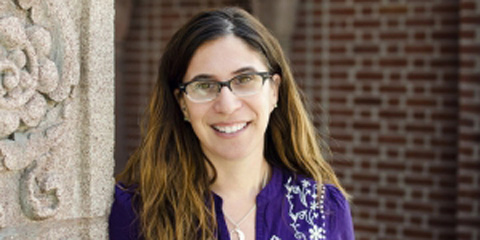
For Julie Cederbaum, an assistant professor in the USC School of Social Work, engaging in the principles and practice of social work is a calling she has felt throughout her life.
Even as a teenager, the desire to give her time and services for the benefit of others seemed instinctive.
“I didn’t know what motivated me,” Cederbaum said. “I just felt very natural as a listener and in helping others with their problems. It was always really easy for me to talk to people I didn’t know and engage with others.”
-

This year’s Network of Korean-American Leaders (NetKAL) gala and summit focused on the theme of innovation, asking “what’s next?” when it comes to developments in everything from technology and business to politics and popular culture.
Held in San Francisco on Oct. 17-18, the annual event brought together leaders in technology, media, law, business, education, entertainment, politics and social networking to recognize the achievements of Korean Americans and the significant role they’ll play in leading innovation here and abroad.
-

In the weeks before Veterans Day, one of the assignments I give my USC graduate students who are preparing to become school social workers is to organize an activity that involves schools in honoring those who have served our country. The Military Child Education Coalition estimates that close to four million children of veteran and military families are currently in our public schools.
-
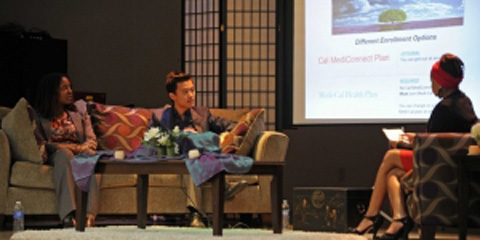
If you didn’t know it, you might think it was a party.
There’s music, food, a live talk show complete with host, guests and video clips – even a “Who Wants to be a Millionaire?” type game show with prizes. People ask questions, they engage each other, they laugh.
But looks aren’t always what they seem.
-
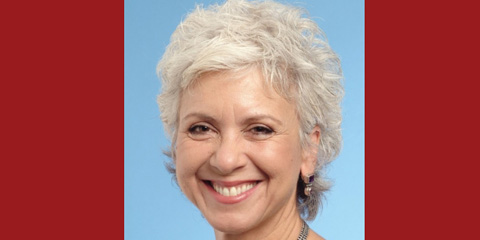
Over her 35-year career, Hortensia Amaro has taken the time to mentor a large cadre of scholars and researchers, helping them grow into change agents whose work has touched people across the globe.
From developing internationally recognized measurement tools for gender-based power relationships to creating a model for HIV prevention in child brides in India and models for treatment of homeless individuals with serious mental illness, the work these students went on to do has profoundly impacted communities far and wide.
-
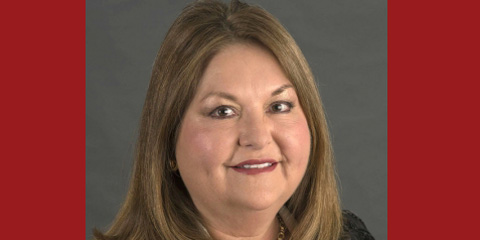
Late-life depression exerts significant physical and emotional burden on older adults, their families and health care systems. Studies indicate that older adults face unique challenges in battling depression. Unlike younger individuals with depression, older adults have a decreased likelihood of remission than younger populations, are more prone to suffer from functional disability and are less likely to receive quality mental health care.
-
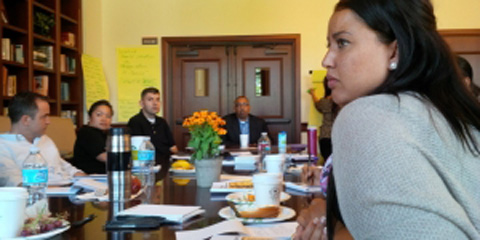
These students had no idea what they were in for.
“We weren’t given any details,” said Lindsey Etheridge. “From the invitation, it had an air of exclusivity to it. So I felt privileged and accepted immediately, but I really didn’t know what to expect.”
No one knew what to expect. But 15 USC Master of Social Work students, of which Etheridge was one, gave up their last free weekend of the summer to participate in two days of critical thinking designed to change the way students – and social workers – think about their roles in society.
-

Many service members leaving the military and returning to Los Angeles County are not prepared for the transition home and have a range of needs that cannot be easily provided by a single organization, according to a new University of Southern California School of Social Work report released Tuesday.
-
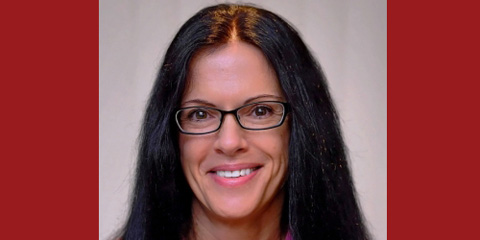
Suzanne Wenzel is the Richard M. and Ann L. Thor Professor in Urban Social Development at the USC School of Social Work.
A sprawling metropolis of nearly 10 million people, Los Angeles County has the unenviable distinction of being home to the largest jail system in the United States, housing an inmate population of approximately 19,000 on any given day.
-
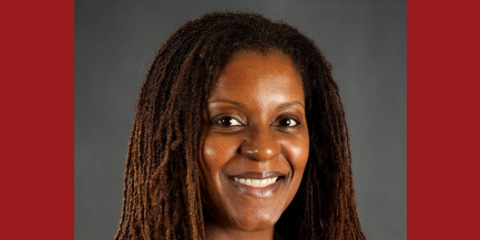
Karen Lincoln is an associate professor at the USC School of Social Work and director of the USC Hartford Center of Excellence in Geriatric Social Work.
Over 10 million Americans now require long-term care annually and Medicaid is the primary source of coverage. Medicaid spending on long-term care services has been rising sharply.
With 10,000 baby boomers turning 65 every day, the United States is in a long-term care crisis.